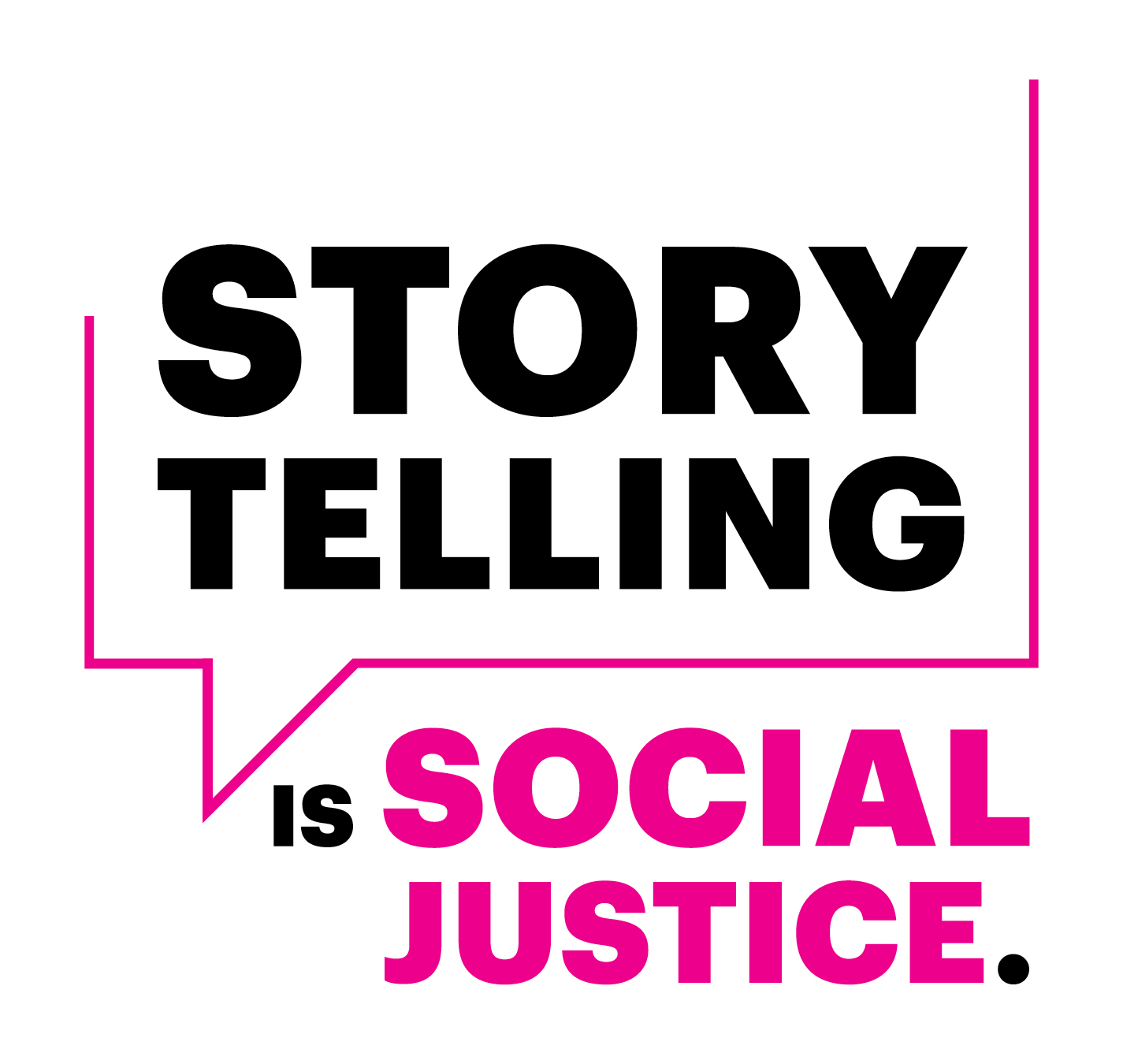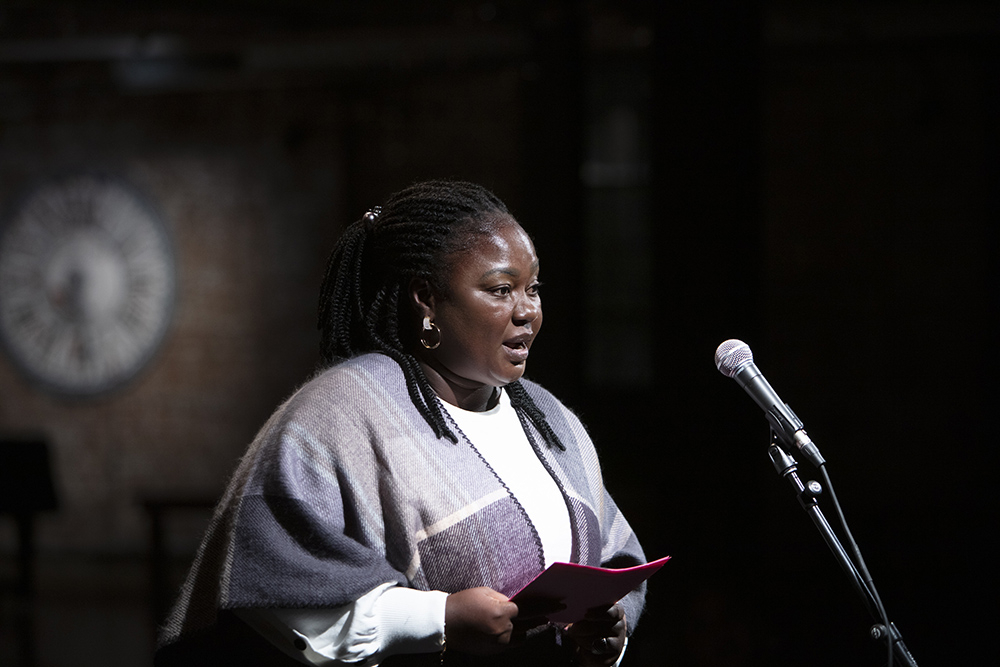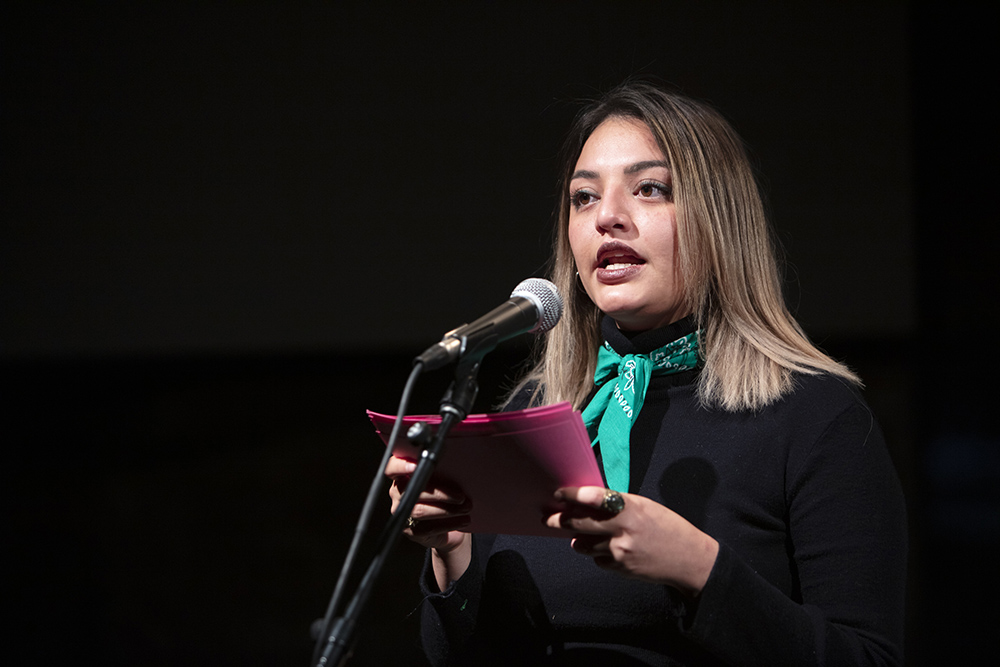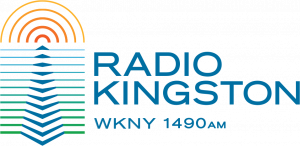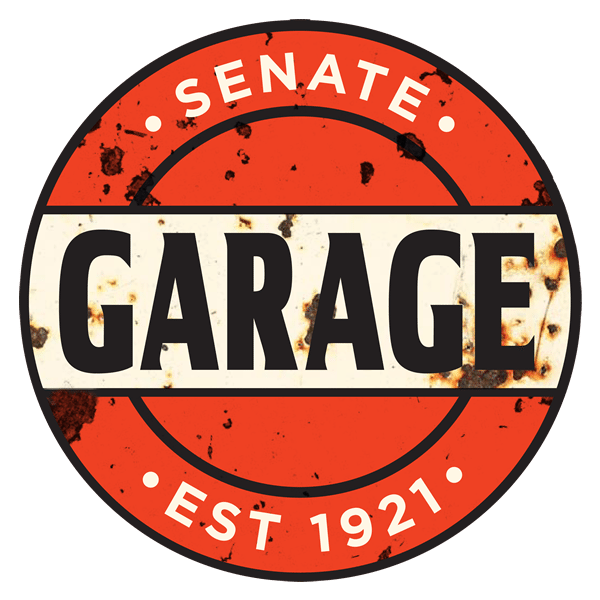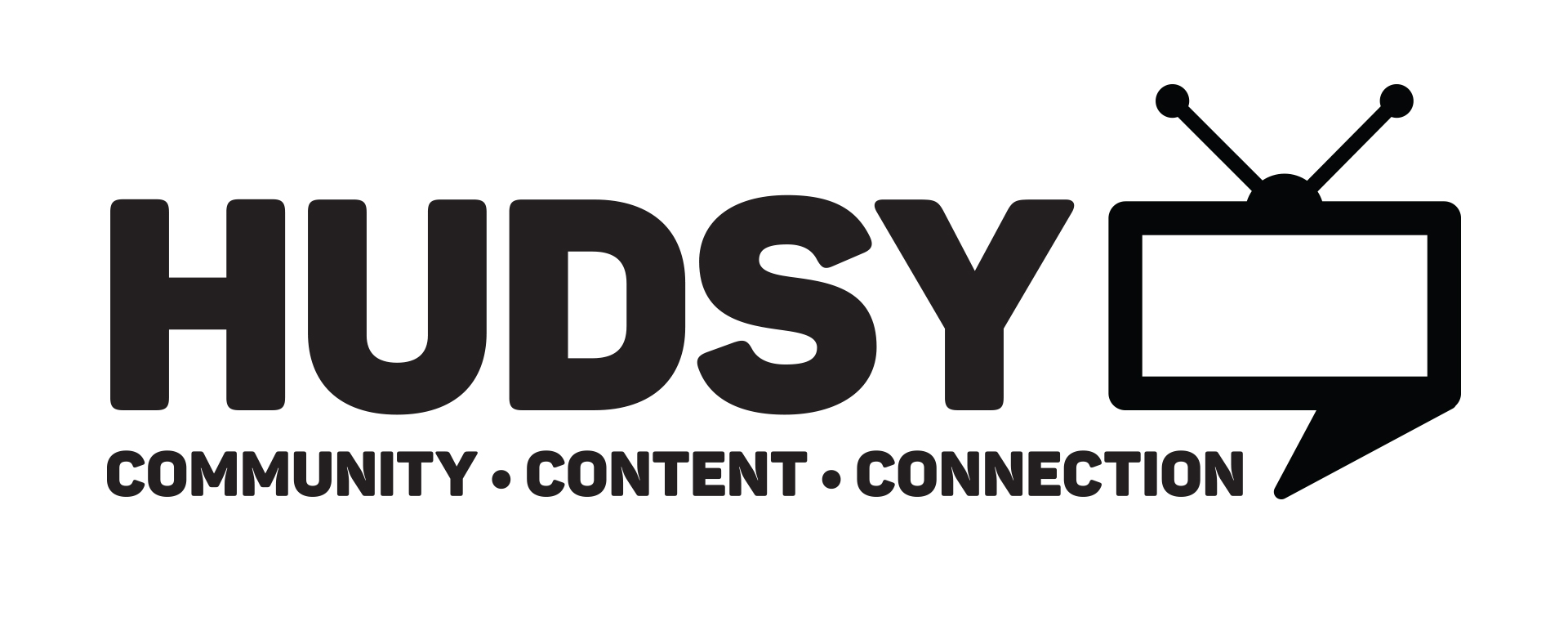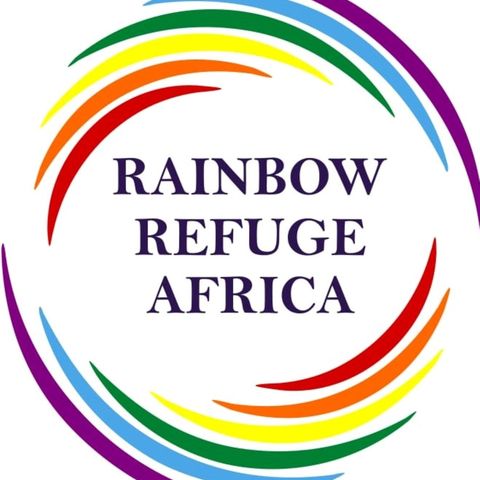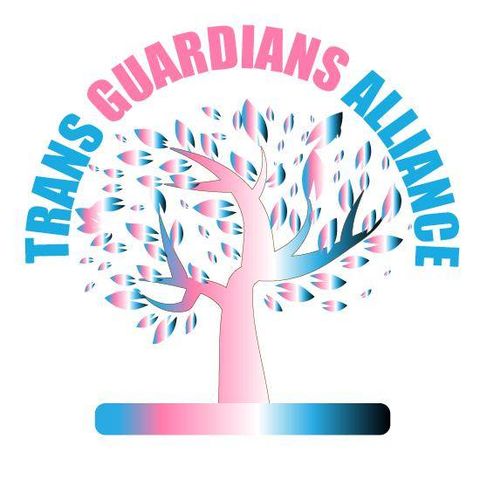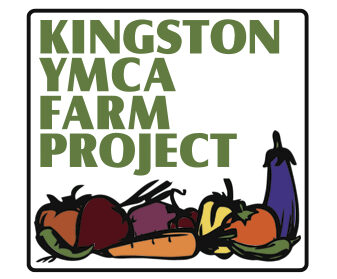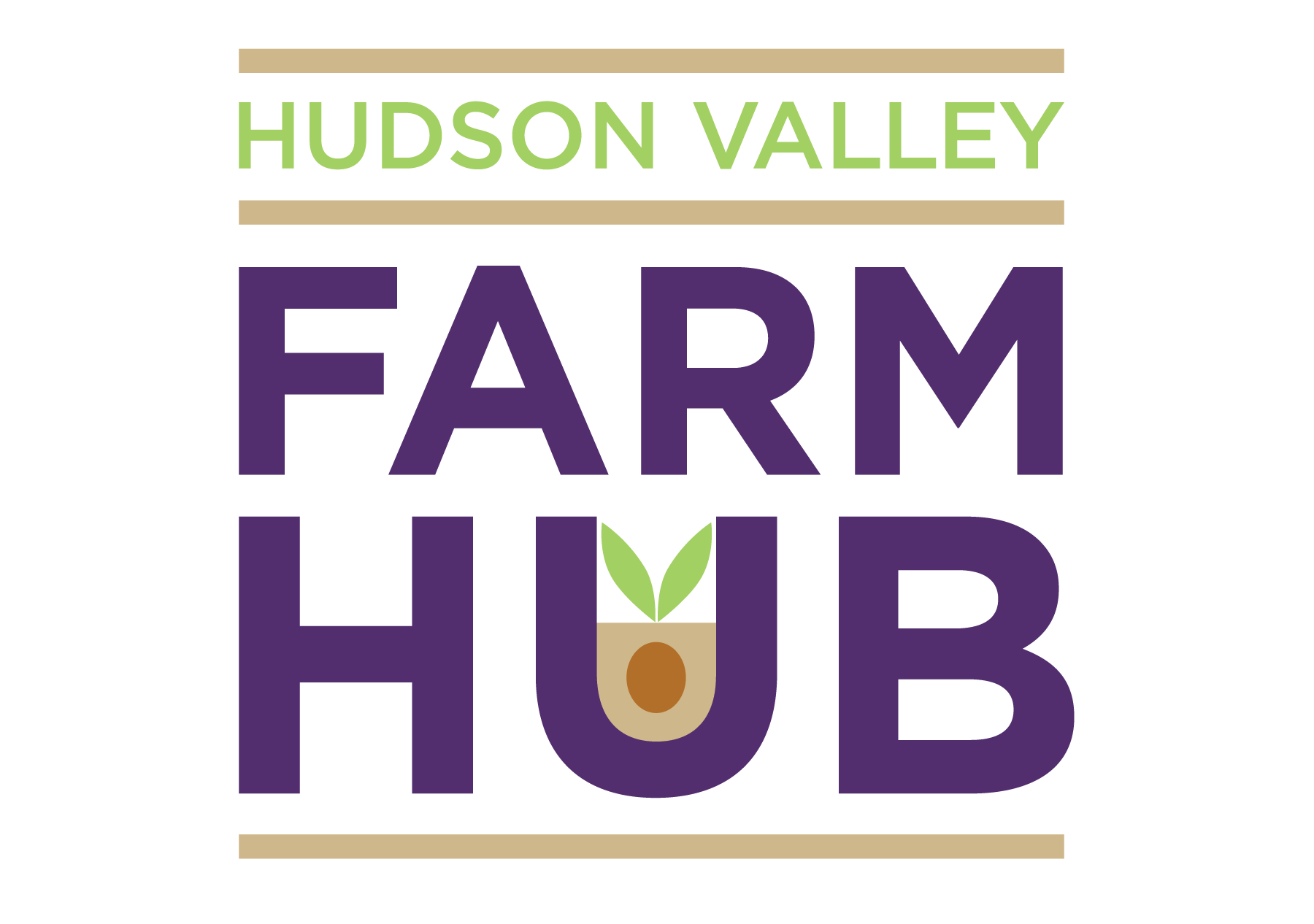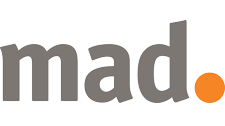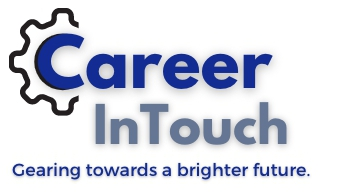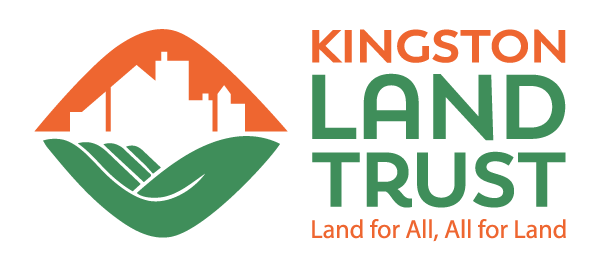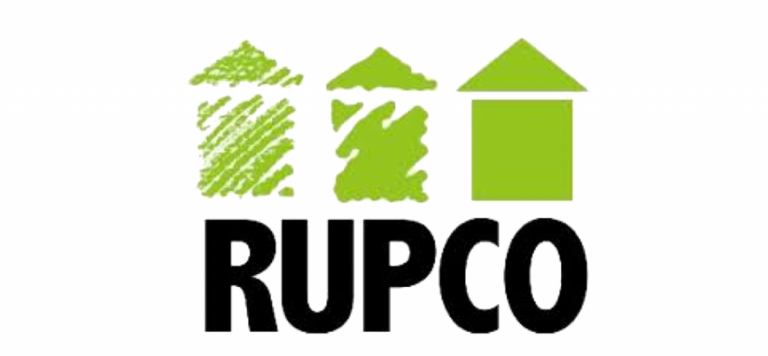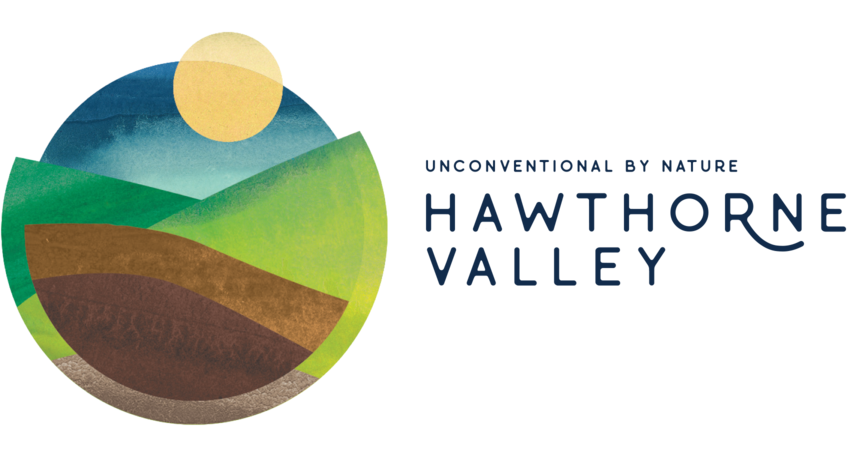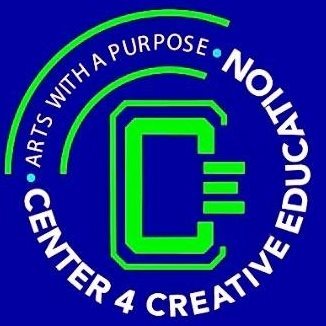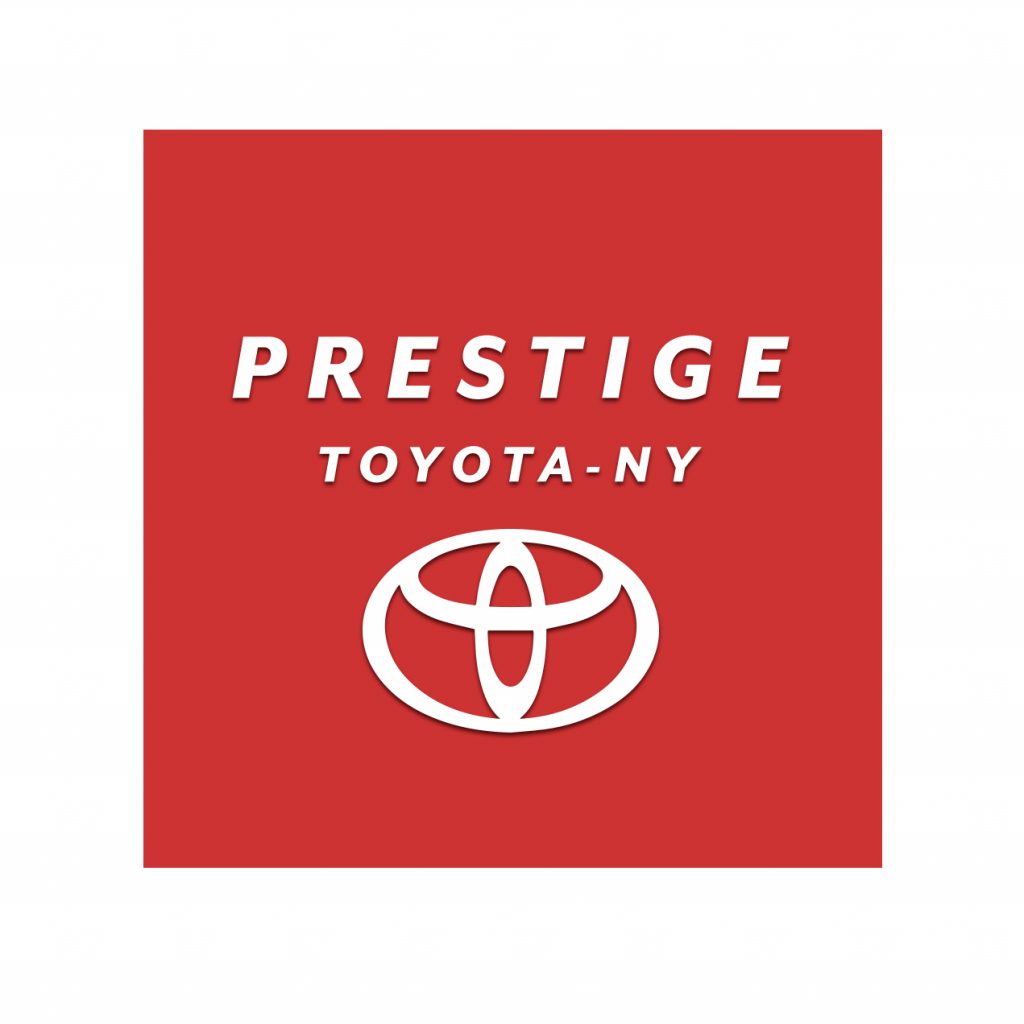Stories for Freedom: True Storytelling for Liberation
Viewing and post-show discussion and action guide
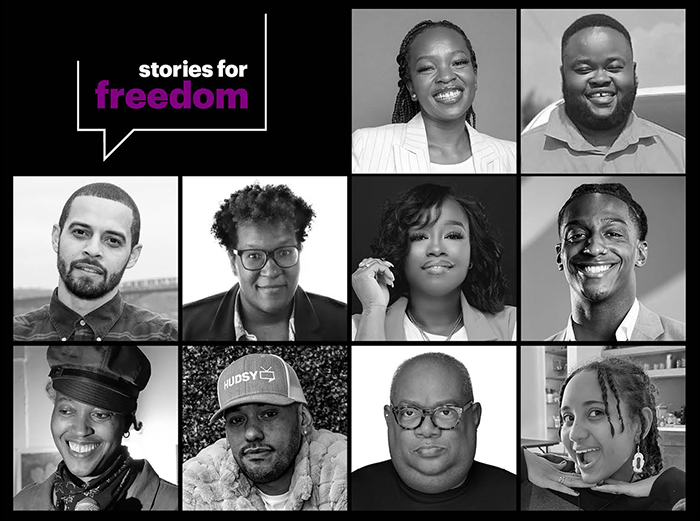
Getting Started
Get Prepared.
- What is your organization or group’s goal for hosting the event? Get clear about your goals so you can communicate them to your group
- Make a viewing plan. Will your group watch together in person or will your community all tune in online and gather at another time, either virtually or in-person, to discuss the event and participate in follow-up exercises? There is no right answer, just plan ahead and let your audience know what they can expect and how you will engage.
- Read through the entire guide. Become familiar with TMI Project and Stories for Freedom.
SAMPLE GOALS
Community Organizations – Use the viewing and discussion to help promote social action locally or nationally.
For Nonprofits – Gather community members to discuss issues around the live stream and your organization’s goals (membership, fundraising, programming, diversity for board and staff, etc)
Schools – Use the stories as a launch pad to teach your students about history, civil rights, current events, and liberation movements in the United States and internationally.
Informal group of friends, family, and/or community members – Engage in a brave dialogue around issues of liberation and freedom.
On Viewing DayWelcome your Audience.
Let them know exactly what they will be participating in and what will be expected of them. Tell them how the post-show conversation will be facilitated so they can think of questions while they’re watching the performance.
Possible Welcome for before the performance:
“Welcome to the viewing party and group discussion. TMI Project is a nonprofit organization that uses true storytelling for social justice movement building. The people we will be hearing stories from tonight are not professional actors or writers. They are people sharing candidly true stories that they have lived through. Our hope is that these stories will heighten awareness around different liberation movements and freedom and enable audience members to replace biased belief systems with informed knowledge, deepened compassion and an active commitment to work for justice for all. After the performance there will be a Q&A and it will be followed by a facilitated community conversation. Please turn off your cell phones and enjoy the show.”
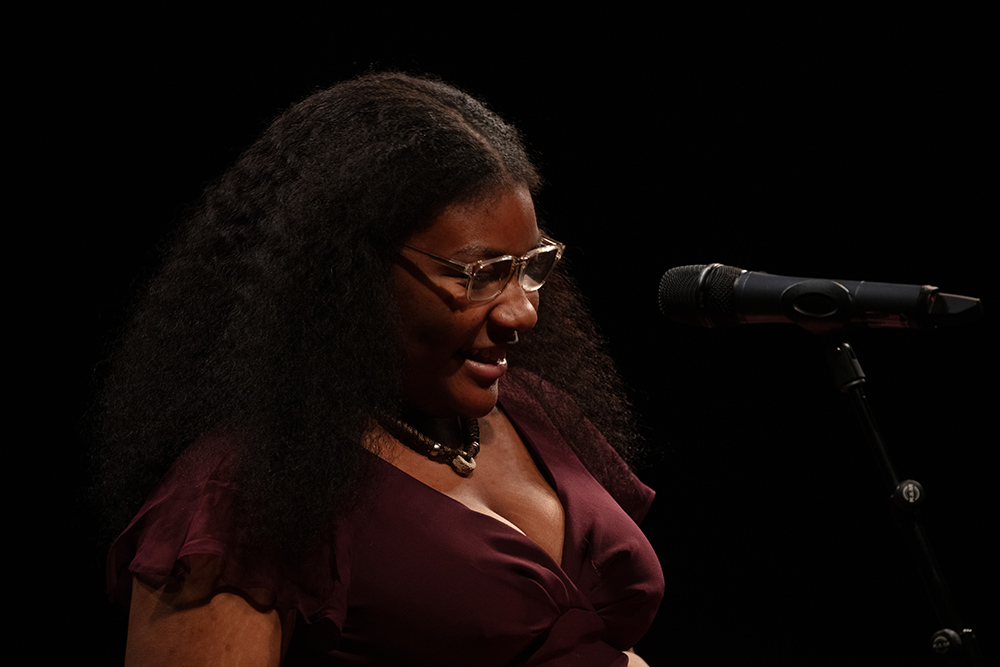
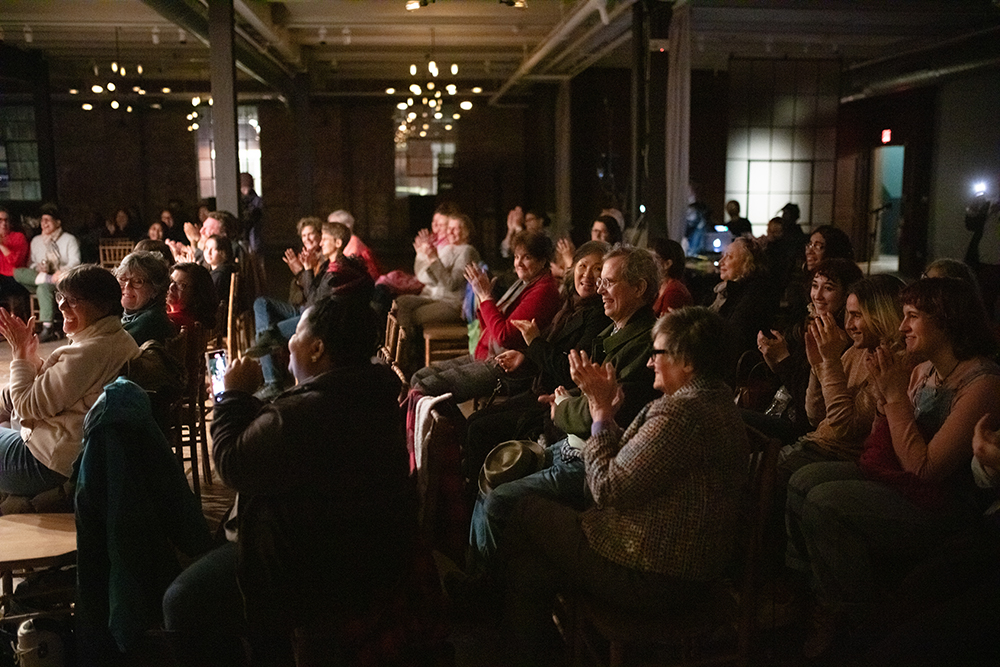
TMI Project’s Mission, Vision and History
Our Mission
TMI Project is changing the world, one story at a time, by crafting and amplifying true stories that set us free. In our workshops, we guide people who don’t often have the chance to tell their stories and be heard. In our live performances and digital content, everyday unsung heroes do more than entertain. They boldly share their “TMI ” experiences to replace shame with freedom. As they step out of isolation, and into connection with those who listen, apathy turns to empathy and inspires people to take action.
Our Vision
TMI Project envisions a world where true storytelling is an agent of change; where, through the sharing of radically true, personal narratives, everyone—storytellers and listeners alike—can become empowered, release shame and stigma, and replace old understandings with new ones. We aspire to engender compassion, understanding, and public awareness. We aim to incite social, legal, and political change by providing participants the skills needed to be captivating storytellers and by amplifying the voices of populations whose stories often go unheard.
Our History
Since 2010, TMI Project has led nearly 150 true storytelling workshops and staged over 200 live storytelling performances by nearly 3,000 storytellers, which have been presented to audiences of over 250,000 people in schools, colleges, detention centers, mental health clinics, theaters, the United Nations, and online, both on Youtube and our award-winning podcast, The TMI Project Story Hour.
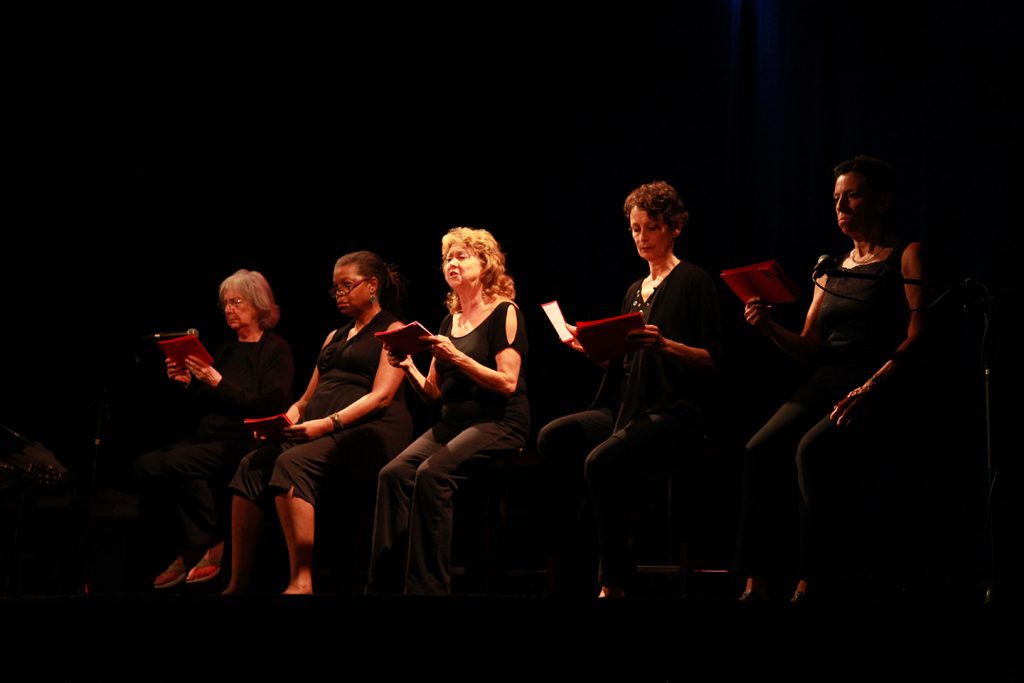
Storytelling in Social Justice Movement Building
Social movement building—and storytelling that facilitates it—are incredibly important at this moment in history. Around the world, there has been a sharp increase in conservatism, nationalism, and divisiveness, all of which are threats to democracy, equity, and diversity. As a result, social injustice, inequity, discrimination, and related violence are on the rise. Key rights and tenets of a just society are in danger now, above all: reproductive rights; the
safety of immigrants and people of the global majority; and basic civil rights for all, regardless of race, gender identity, and sexual orientation.
The good news is that in response to all this, resistance movements are rising. Women, the LGBTQIA+ and BIPOC communities, immigrants, and allies of all stripes are joining ranks, standing up, speaking truth to power, and fighting for justice for all. Progressive movements take time, and because there is no one type of action that alone leads to affecting change, it’s necessary to be intentional, and employ a variety of approaches.
Storytelling is an important strategic choice. Conveying the messages of a movement on a human level can be an incredibly efficient communication tool. More than studies and statistics and articles in the news, by fostering identification, storytelling has the power to open hearts and change minds. The ripple effect can be exponential, in the best cases transforming the minds of leaders, inspiring them to change their ideas, practices, and Policies.
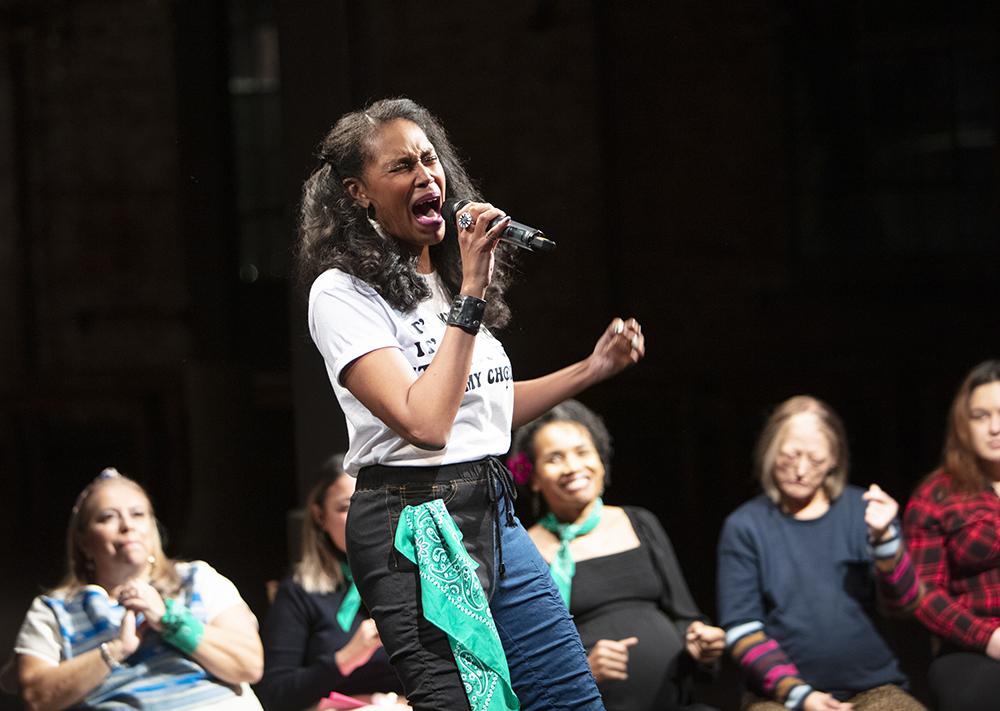
About Stories for Freedom
Stories for Freedom is a program that centers true stories of love, resistance, and growth in the lives of storytellers who have been cultivating practices of liberation within their work and lives.
Many of us are feeling burnout as we collectively face seemingly insurmountable social, political, and environmental issues. The work appears endless, and most people don’t know where to start. Stories for Freedom works to counter this overwhelm by creating powerful resistance stories to inspire us to act now, and serve as a blueprint for generations to come.
Our storytellers have endured injustices from police brutality and incarceration, to transphobia, environmental racism, poverty, and HIV stigma. Now, they find freedom through liberatory practices like filmmaking, working with formerly incarcerated people, Black trans activism, and feminist art.
Through deeply personal storytelling, Stories for Freedom shines a light through the darkness of this moment in history, providing a beacon of inspiration. Crafting their narratives also works to forward the important change making work our storytellers are engaged in, building connection and power for both the storytellers and those who listen.
Did you know?
- In June 2020, 83% of Americans reported stress over the nation’s future.
- In a March 2022 survey; 73% of Americans reported being overwhelmed by the number of crises facing the world.
- Stories are remembered up to 22% more than facts alone.
- The number of books targeted for censorship at public libraries increased by 92% in 2023 across the United States – with titles representing LGBTQIA+ and BIPOC individuals making up 47% of those targeted in censorship attempts.
- Narrative activism has long been an effective tool for social change.
- 65% of Americans think the U.S. is more divided than usual.
Stories for Freedom pays intentional homage to the practices of liberation that have emerged from Black and Indigenous communities. For centuries, Black and Indigenous communities have created templates for other marginalized groups to take action against oppression. Stories for Freedom acknowledges and celebrates these roots.
For Stories for Freedom, we put out an open call for Spanish-speaking storytellers. We offered participants the opportunity to tell their stories in their native language, supporting them with simultaneous translation equipment at the time of live performances. We will do this for all future TMI Project performances. Additionally, we have updated our website to be bilingual and will provide marketing materials for programming in both English and Spanish moving forward.
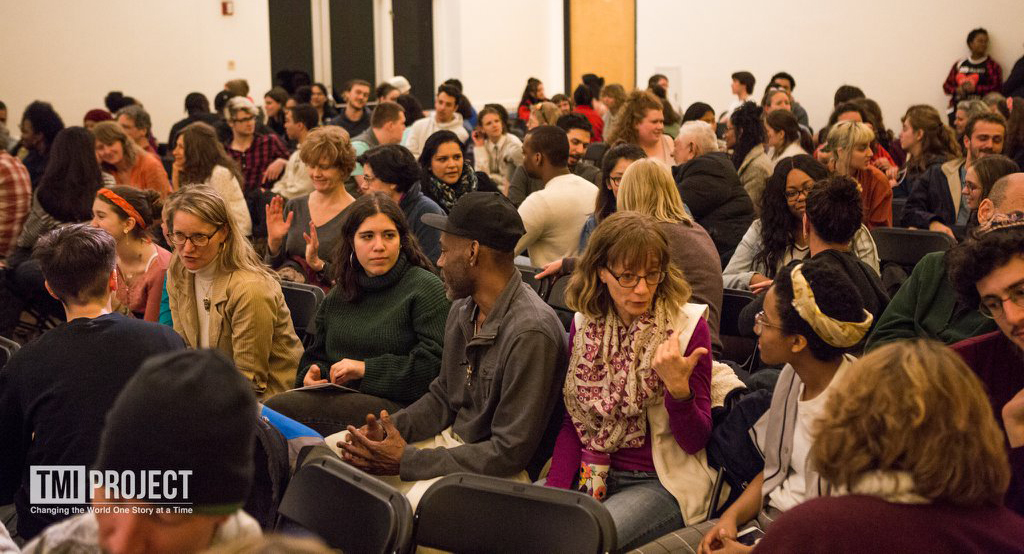
Meet the Storytellers
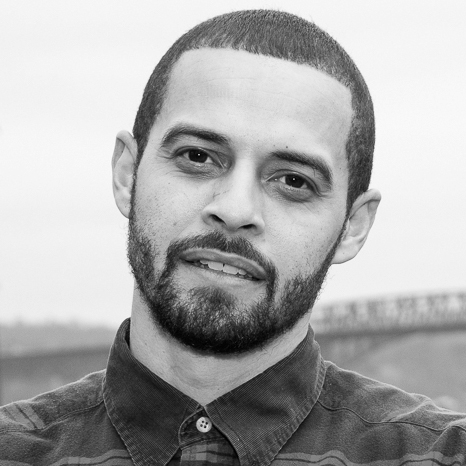
Tyler Epps (he/him) is a father of triplets on a mission towards liberation by way of exploring health, well-being, nutrition, art, interpersonal development, and spiritual practice to it’s fullest potential.
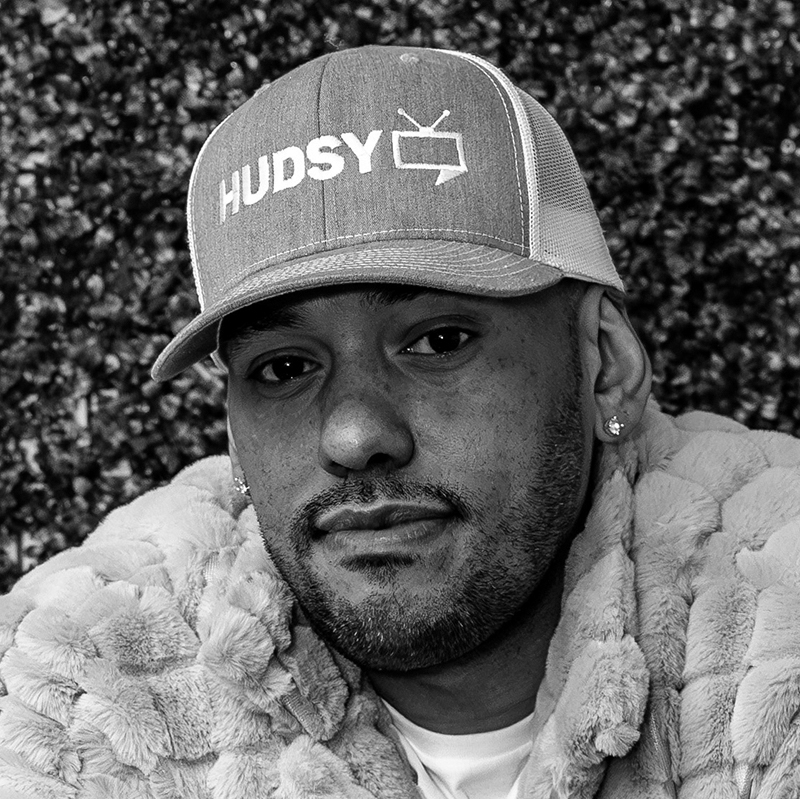
Angel Gates (he/him) was born and raised in the South Bronx before relocating to the Hudson Valley in 2016. He initially pursued a career in the music industry, but his passion for film ultimately led to his role as Co-Founder and Executive Director of Production & Development of HUDSY. Growing up in New York City, Angel was immersed in the diverse cultural tapestry of the boroughs equipping him with the ability to collaborate seamlessly with individuals from many backgrounds. As an award-winning filmmaker, Angel possesses a deep expertise in a comprehensive range of services, including cinematography, producing, editing, and directing.

Calief “Cai” Housen (he/him), Founder, CEO, and Chairman of Career InTouch Inc., is a dynamic force in educational advocacy. A first-generation graduate from Kingston, NY, he holds a BA in Political Science with a minor in Philosophy from the University at Albany. Cai’s vision for Career InTouch Inc. is to empower students through mentorship, fostering essential soft skills and self-awareness for academic and personal success. His work champions the underrepresented, driving social change and enhancing student success and mobility. Follow their journey at careerintouch.org.
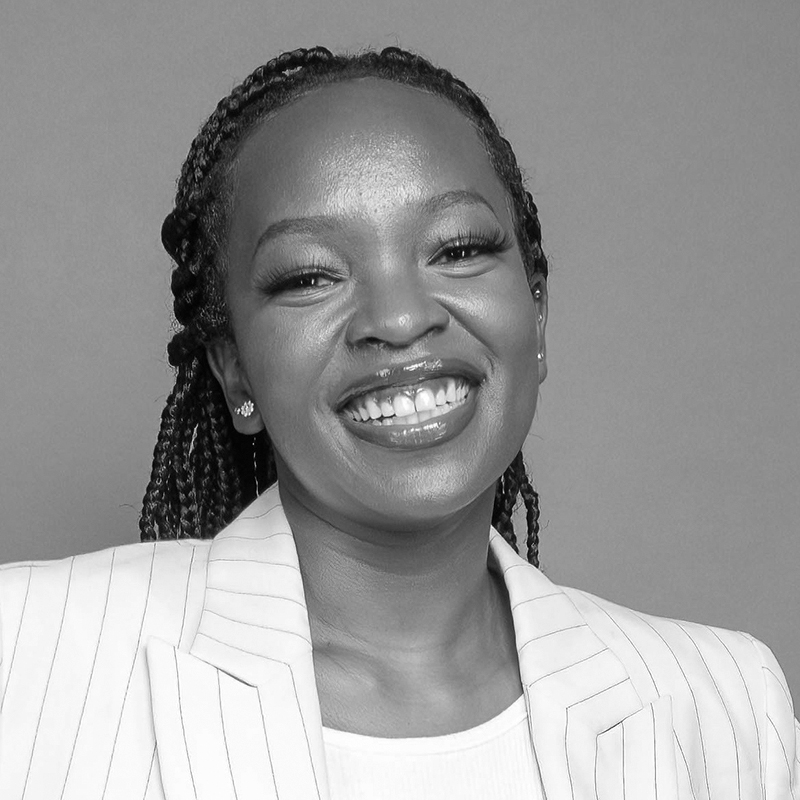
Joan Kinaro (she/her) is a recent project management graduate and computer programmer. Her passion for storytelling and a keen eye for detail make her excel in crafting compelling narratives that captivate audiences across various platforms.
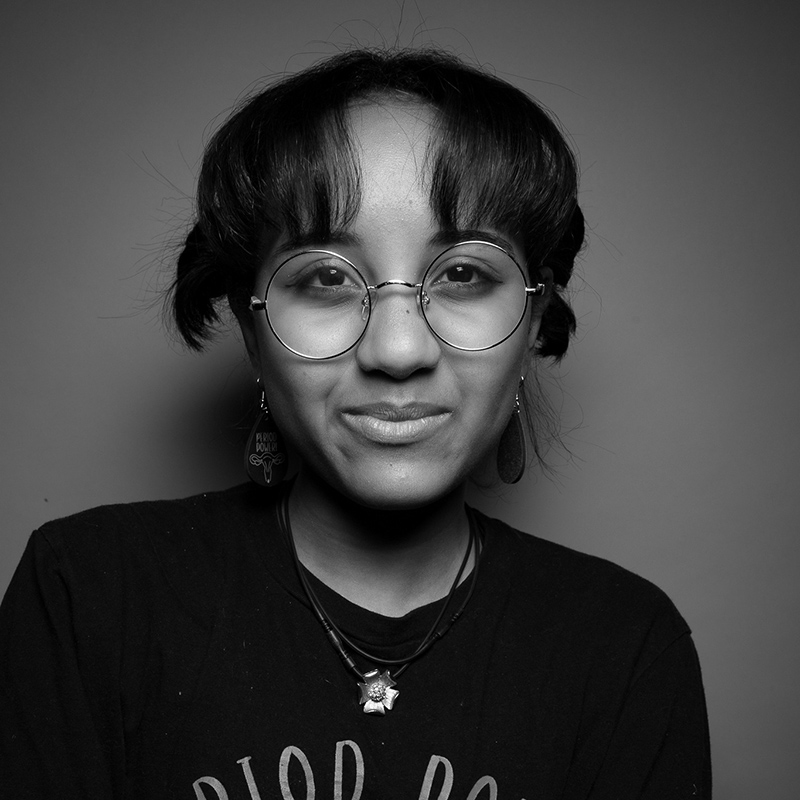
Makayla Leon (she/they) is currently a junior at Kingston High School. She enjoys anything to do with social justice and wants to make an impact on people’s lives. Once she graduates, she plans to go to a 4 year college and major in Interior Design or Sociology and Psychology. No matter her life path, Makayla will continue to do community service and work with organizations to create a better future for her generation as well as others.
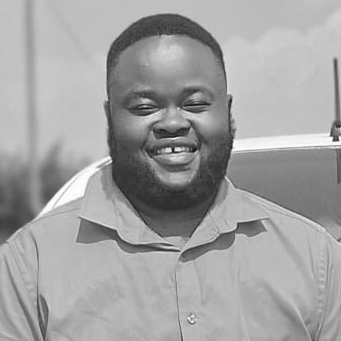
Donwell Mpofu (he/him) is a teacher and a human rights activist who is based in South Africa.
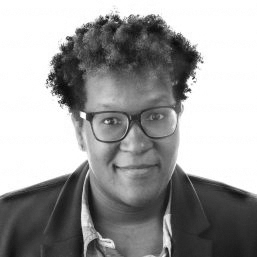
Briana Parker (she/they) is committed to working for collective action and peace. She is a licensed attorney, a mediator and an entrepreneur who’s vision for the future includes mindfulness and nature.

Mx. Renae Taylor (they/she) is an inspiring individual with a rich background in activism and advocacy. As a 48-year-old Black, Disabled Non-Binary Trans Organizer based in Memphis, Tennessee, Renae has dedicated her life to promoting transgender rights, HIV prevention, and social Justice. Renae serves as a consultant for the Transgender Community, working towards creating a more inclusive and equitable future for all Black and Brown people with multiple intersecting identities. In addition to her advocacy work, Renae is an HIV Prevention Educator and Activist, actively associated with various HIV prevention organizations. Her participation in the Black Lives Matter Chapter in Memphis and keynote speaking role at the Black Trans Advocacy Conference 2023 reflect her dedication to addressing systemic issues and promoting the rights of marginalized communities.

Ashia Wilson (she/her), who is not only a mother and an author of Back in my Day, but also a podcast host of Let the Healing Begin Podcast, faith-based clothing brand owner of Greater Growth, LLC, and dedicated advocate for returning citizens and unhoused individuals. Originating from Lansing, Michigan, she embarked on her advocacy journey in 2022 with Nation Outside. This grassroots organization, led by formerly incarcerated individuals, works tirelessly to remove barriers for returning citizens across Michigan. Her commitment to service led her to the role of Program Coordinator for Northwest Initiative, providing crucial wraparound services for probationers and parolees. Today, she is the Manager of Authentic Engagement for the Michigan Coalition Against Homelessness.
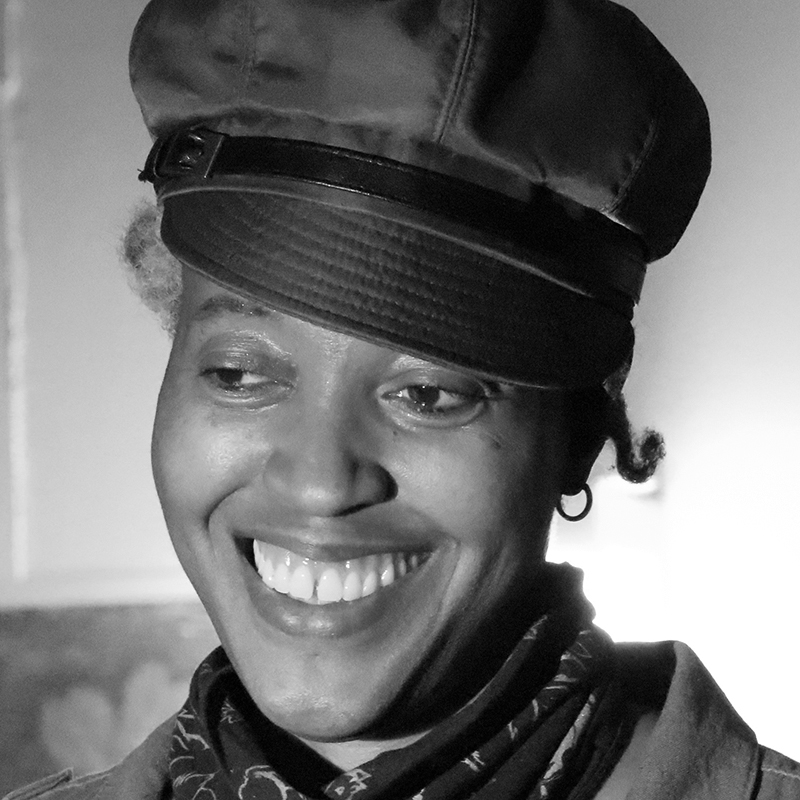
Jaguar Mary X (they/them) is a glossolalia vocalist, ritual performance artist and mover, making work informed by queer and black feminist discourse, afro-futurisms, plant sentience, ancestral appreciation and shamanism.
Stories for Freedom Workshop Leaders
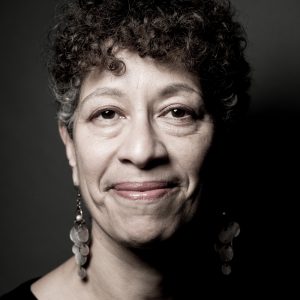
Dara Lurie
“I jumped at the opportunity to participate as a storyteller in TMI Project’s first workshop and performance of #BlackStoriesMatter in early 2017 and, later that year, as a TMI Project teacher-trainee. I can’t think of more important work than helping people tell their true stories. If you think it’s simple, you should try it sometime.”
In addition to leading TMI Project workshops, Dara is an author and manuscript coach. She received a B.A. in Film & Theater from Vassar College and M.F.A. in Creative Writing from Hunter College. Dara grew up on the Upper West Side of Manhattan and migrated in the early 1980s to West Berlin, Germany, where she tended bar, wrote and performed in the theater while living in different communities of squatters, Green Party activists, journalists, teachers, and social workers. Her first book, Great Space of Desire; Writing for Personal Evolution, is a memoir and creative guide for writers wishing to tell their own stories.
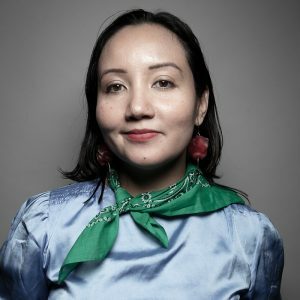
Perla Ayora
“We immigrants have stories that have been quiet for a long time and now there is finally a safe space where they can be heard. An immigrant has a lot to say about discrimination and culture but also about values, family, learning and justice. Writing your story brings you closer to freedom.”
Perla is a stand-up comedian who enjoys writing songs, poems, essays, and… jokes. Her creativity and love of expression helps to elevate the many diverse voices of Radio Kingston by broadcasting their shows live from various locations throughout Kingston. She is a radio host and the co-producer of “Tokens Inc”. A dark comedy web series about tokenism. Originally from Yucatan, Mexico, Perla was drawn to Kingston for its lively art, music, and comedy scene – but loves that she can also chill at a BBQ or a taquiza with her neighbors.

Raine Grayson
“TMI Project does the exact kind of work that the world needs. From the moment I learned about them I wanted to contribute to the way they spread outstanding courage, community, and kindness. TMI Project makes the world a more honest, open place and I am honored to be given the chance to help foster and facilitate their mission.”
Raine Grayson is a multi-genre writer whose work focuses on exploring and uplifting the LGBTQIA+ community. He specializes in social action theatre and also dabbles in academic essays and creative non-fiction. He founded “Queeries Blog” – a space for queer artists to publish their work freely. He’s worked with The TMI Project before in conjunction with the Trevor Project for “Life Lines: Queer Stories Of Survival”. He’s spoken his suicide survival story on nationally streaming platforms for Trevor Live in support of their suicide prevention chat line. His nonfiction work can be found featured at Queeries Blog, Go Magazine, The Paragon Press, Weasel Press, and soon So Say We All’s magazine “The Whole Alphabet”. His playwriting has been featured by The Playwriting Collective, The Tank, NY Madness, KIT Theatre, The Rosendale Theatre, and Virtual Theatre Collaboration. He is a recipient of the SUNY Thayer Fellowship and Patricia Kerr Ross Award for his playwriting, as well as being recognized as a runner-up for the The Playwriting Collective’s Ball Grant. If you’d like to queer up your timeline, find him on social media @rainerpism.
Creating a Safer/Braver Space for Discussion
We know that safe spaces don’t actually exist. What is safe for one person can feel threatening to another. However, we know that we can be mindful about each unique person in attendance and put guidelines in place to help facilitate a feeling of safety in the room and foster open, honest and brave conversation.
- Acknowledge safe spaces don’t actually exist and let the group know you will work together to create a safer space. Set the intention to create a space that will inspire people to be brave and compassionate in their communication.
- Establish a space to be a place where people will be listened to powerfully.
- Ask everyone to turn off/silence their cell phones.
- Ask that one person talk at a time, being mindful not to interrupt or talk over each other.
- Save eating, imbibing, and socializing for after the discussion is complete. Focus on each other and what is being said.
- What is said in the room stays in the room!
- Customize your space. Ask your group what else they need to feel safe and add it to the list.
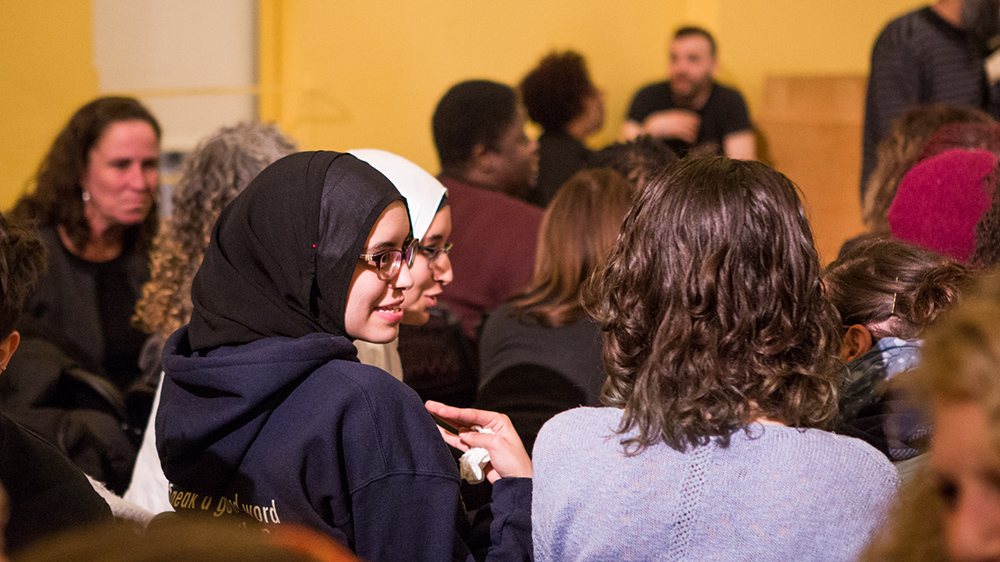
Seven Strategies to Consider for Inclusive Dialogue
Every group will have unique needs. These are simply suggestions. Read through and see if any of these strategies will benefit the group you are hosting.
- Progressive Stacking — an effort to foreground voices that are typically silenced in dominant culture. Members of any marginalized group are given priority on the list of people who want to speak — the stack.
- Stepping up and stepping back. Simply put, this entails being mindful of how much time we each take up and a collective commitment to making space for as many voices as possible.
- The Humanity Clause (known in some circles as The Ouch and Oops) Everyone engaged in this conversation is human and likely going to make mistakes. Know it’s okay to make mistakes but also take time to acknowledge if a mistake hurt someone else. Resist being defensive and make an effort to understand another’s point of view and offer a sincere apology.
- Speak from your own experience. Use “I” language.
- Consider who is in the room. Disagreement is a natural part of this dialogue. Being in agreement is not necessarily a sign of success. It might mean your room is not diverse enough.
- Know you are participating in an open-ended conversation. Do not expect it to conclude with a sense of closure.
- Learn to listen and listen to learn.
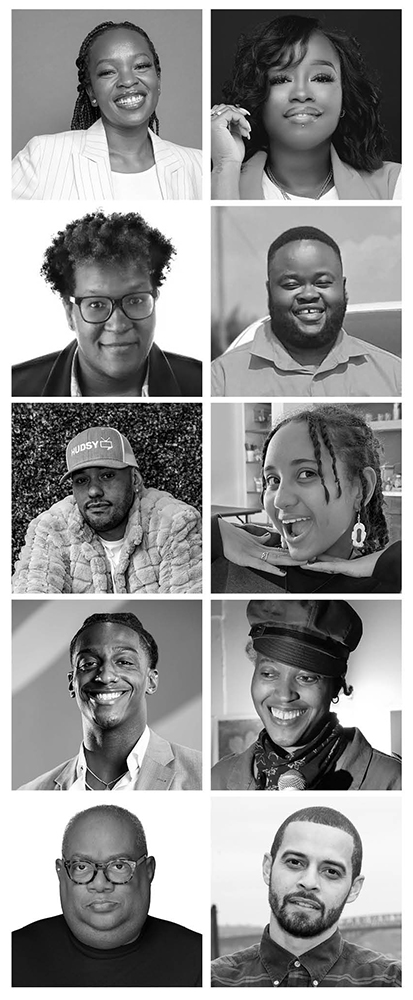
Discussion Questions
We suggest starting the Q&A by having a few people in the audience share some of the thoughts/feelings they are experiencing. (Ask them to use just a few words). Take a minute to have people feel what they are feeling. Be prepared that some people may try to dominate or use the time to push an agenda. Politely thank them and move the conversation along.
Possible Welcome for before the Group Discussion
“We hope you enjoyed the Stories for Freedom performance. We are now going to have a group discussion about the performance. Our goal as an organization is ______. Before we get started, we would like to establish a few guidelines to create a safer space. We know a space can never be completely safe because what is safe to one person can feel threatening to another but here are some guidelines for creating a space for open and honest conversation. (Read suggestions) Is there anything anyone else would like to add? We’d also like you to consider these strategies for inclusive dialogue (read the strategies that work for your group). Does anyone have anything to add? Please remember, we are going to share our thoughts and we are also going to share the time. Be mindful about how much space you are taking. Does anyone want to start with a simple reaction to what we just saw tonight?”
Suggestion Follow-up Questions
- What was your experience of the performance? What are you feeling?
- What storytellers stood out to you and why?
- Did any of the stories surprise you? How and why?
- What does freedom look like to you?
- Do you feel inspired to take a new action in local liberation work? If so, what calls to you the most?
Writing Prompts:
- A moment of personal freedom OR a moment you were robbed of personal freedom.
- A time when you witnessed injustice and intervened.
- What freedom means to you.
Suggestions for Action
- Discuss as a group what freedom looks like in your community and what liberative practices you can take together to help make that freedom a reality. What can you do collectively to impact your community, school system and local government?
- Take Action by using your discussion to brainstorm actionable next steps. It could be creating or nourishing a community space, speaking with local government officials, or showing up for community actions that are already in progress near you – just to name a few.
- Listen to a season of The TMI Project Story Hour that most aligns with the conversations you’ve had, available wherever you get your podcasts.
- Read Be A Revolution: How Everyday People Are Fighting Oppression and Changing the World—and How You Can, Too by Ijeoma Oluo”
- Build your own program using TMI Project’s “Build Your Own Program” guidebook – a collection of free resources to build a successful true storytelling or artivist program.
- Share your story! Book TMI Project for a Stories for Freedom Writing Workshop and Performance in your Community.

Discuss as a group what freedom looks like in your community and what liberative practices you can take together to help make that freedom a reality. What can you do collectively to impact your community, school system and local government?

Take Action by using your discussion to brainstorm actionable next steps. It could be creating or nourishing a community space, speaking with local government officials, or showing up for community actions that are already in progress near you – just to name a few.

Listen to a season of The TMI Project Story Hour that most aligns with the conversations you’ve had, available wherever you get your podcasts.

Read The Reproductive Justice Starter Kit: “five books that illustrate and analyze the interlocking methods of social control, stigmatization, and oppression that necessitate and inform the fight for reproductive justice for all.”

Build your own program using TMI Project’s “Build Your Own Program” guidebook – a collection of free resources to build a successful true storytelling or artivist program.

Share your story! Book TMI Project for a Stories for Freedom Writing Workshop and Performance in your Community.
Resources
The storytellers of Stories for Freedom have been doing amazing liberative work around the world. If you are inspired to learn more or get active, we welcome you to start by investigating the work these storytellers have been doing.
Jaguar Mary X creates ritual performance art:
You can learn more about their projects, such as Artemisia Negra, Midnight Medicine Journey, Woke AMP Radio, watch select films, and learn about upcoming performances by going to kaliartproject.com.
Ashia Wilson created these resources:
Ashia has a podcast called Let the Healing Begin that explores healing through discussing past experiences and increasing self-awareness and authored the book Back in my Day, which goes further into her story and shares a message of empowerment.
Makayla Leon is the president of this school club:
Period Power! Club – A chapter of Period.org, Period Power! is youth-led club where they hope to amplify their voices in efforts to make systematic change and combat period poverty through education, service, and advocacy.
Donwell Mpofu founded this organization:
Trans Guardian Alliance – an organization that provides dedicated support to transgender and other LGBQI+ refugee parents/guardians and their children in various aspects of their lives.
Tyler Epps has worked with these organizations
Kingston Food Co-op
Rise Up Kingston
He worked with Rise Up Kingston on The Black Liberation Freedom Fellowship to support cisgendered Black men in confronting hetero-patriarchy and racism, how it shows up in them and within our community in an effort to combat sexism, trans misogyny and anti-LGBTQ+ attitudes/actions.
Renae Taylor has been a speaker for various organizations – here’s a few videos of their speaking engagements:
Positively Trans (Transgender Law Center)
Surviving Voices (National AIDS Memorial)
World Aids Day Session 1: Uplifting Trans Voices (Human Rights Campaign)
Briana Parker founded this organization:
The Strategic Coyote, a mediation firm dedicated to fostering inclusive communities where collaboration thrives, including the Ubuntu Bridge Builder training – designed to unite individuals and communities by teaching essential skills for collaborative growth and mutual understanding.
Angel Gates co-founded this organization:
HUDSY – a nonprofit 501c3 with a mission to unite and empower the Hudson Valley through impacting storytelling – promoting diversity, providing opportunities, fostering understand, and driving positive change. You can watch over 600 FREE local films produced by them here.
Joan Kinaro has participated in a “hackathon” with this organization:
A2SV: Africa to Silicon Valley is a nonprofit social enterprise that enables talented young software engineers to create digital solutions to Africa’s most pressing problems.
Calief Housen founded this organization:
Career InTouch Inc.: A Beacon of Change in Youth Development is an innovative non-profit that revolutionizes youth mentorship through the I.M.I Program, fostering Informational, Motivational, and Inspirational growth among students.
Credits
Special thanks to Radio Kingston for generously providing the live stream and to HUDSY for helping to capture the footage.
Interpretation and translation equipment and services provided by Hudson Valley Farm Hub’s Language Justice Program.
Thank you to The Fruit Basket South Africa for providing performance space.
Thank you to Clarus Group for generously providing copies of The Social Justice Investor as raffle prizes.
TMI Project Co-founder and Executive Director:
Eva Tenuto
TMI Project Co-founder:
Julie Novak
Operations and Programs Manager:
Blake Pfeil
Organizational Administrator:
Raine Grayson
Marketing and Digital Coordinator:
Laura Ruocco
Partnership Outreach Coordinator:
Dara Lurie
Administrative Assistant:
Riley Gibbons
Business Sponsors
Stay Connected!
Viewing party guests can find us @tmiproject on Instagram, TikTok, and Facebook to find out about our latest programs and opportunities. Share your viewing party photos with the hashtag #StoriesForFreedom
Continue the conversation with your guests after the Q & A
using the tips found in the Viewing and Post Show Discussion Guide.
Together, we are changing the world, one story at a time.
Together, we are changing the world, one story at a time.
